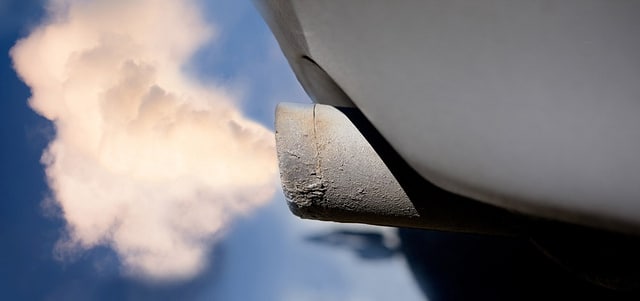EU Officially Drops Hammer on Bad Emissions Testing
As the Volkswagen diesel emissions scandal brought the automotive world’s attention to emissions tests, in Europe one thing which had been apparent before became painfully clear in the blinding spotlight—Europe’s usual testing cycle was bad. Really, really bad.
Called the “New European Driving Cycle,” this older, somewhat gentle test consistently returned drastically different (and better) efficiency and emissions data from those in other places like the US—the NEDC gave the Chevy Bolt/Opel Ampera-e a range of 311 miles, versus the EPA estimate of 238.
Well, as the NEDC has now definitively been dragged into the international spotlight, the EU has decided to crack down on its tests, as well as to police the EU members who have not been keeping a close enough eye on automakers.
To deal with the tests, the EU has now issued guidance to its members on how to ensure automakers are complying with emissions regulations, clarifying how each member’s emissions rules should work (member states currently are in charge of their own emissions policing, including testing). The document also includes a helpful list of suspicious behavior, like higher emissions during hot engine starts than during cold engine starts.
Right now, the only reason for software to allow a car to exceed emissions is to prevent damage to the engine; however, under the new guidelines, the automaker must prove that irreparable damage would be done without the software, and not just resulting in increase maintenance costs.
The guidance isn’t exactly legally binding, but seems to be more of a clarification of what the EU expects its members to do in regards to testing.
In addition, the EU is dropping the hammer on seven members. The European Commission accused Spain and Luxembourg of having too lax of penalties to prevent emissions cheating; German and the UK of failing to release details on the suspicious findings of their internal automaker investigations; and the Czech Republic, Greece, and Lithuania for not even having laws to fine cheating automakers at all.
Germany has claimed that current regulations are too vague, and need an independent agency to ensure enforcement.
News Source: Green Car Reports

The News Wheel is a digital auto magazine providing readers with a fresh perspective on the latest car news. We’re located in the heart of America (Dayton, Ohio) and our goal is to deliver an entertaining and informative perspective on what’s trending in the automotive world. See more articles from The News Wheel.


